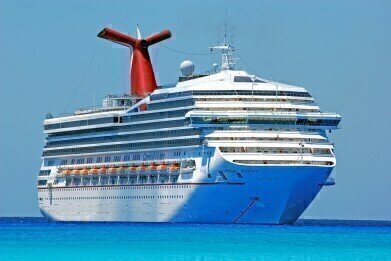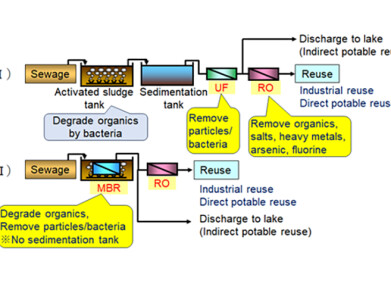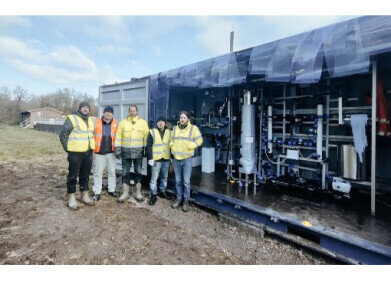Water/Wastewater
How Much Do Cruise Ships Pollute the Water?
May 07 2017
There was a time when cruise ships were seen as the domain of the elderly and the very rich; expensive, uneventful outings around the world with few opportunities for fun and adventure. These days, cruise companies have reinvented themselves by including climbing walls, surf simulators and the suchlike on their vessels, as well as bringing prices down to levels affordable to all kinds of holidaymakers.
However, the increased popularity of cruise ships has come with an environmental pricetag. Bigger and more luxurious than ever before, these behemoths of the waves gobble up millions of gallons of fuel every year, spitting their fumes out into the air and polluting the waterways with their waste. It’s estimated that around two million people will depart from the UK on a cruise ship in 2017 alone – the effect that will have on the oceans, rivers and waterways of our world should not be underestimated.
Air pollution improving, wastewater less encouraging
Though steps have been taken to clean up the cruise ship industry, problems remain. Welcoming over one million passengers to its port ever year, Juneau is one of the biggest cruise destinations worldwide. Therefore it can provide an illuminating example of where the industry is performing well – and where it’s struggling.
In 2016, the state of Alaska did not issue a single “notice of violation” to visiting cruise ships, which is a massive improvement from the 31 violations which took place just two years prior. On the other hand, the number of water pollution violations was 14 last year, compared to 10 in 2015 and 23 in 2014. Clearly, there is still room for improvement here.
This year, Juneau will host 34 large cruise ships (whereby “large” is defined as having 250 berths or more for passengers to stay overnight on the ship) over 504 voyages. 19 of those have permission to release treated wastewater into the port of Juneau, and only seven of the 19 can do so whilst docked or moving at a rate of six knots or less. It’s hoped that this rule will prevent larger ships, like the 4,000-berth Explorer of the Seas or the 3,148-berth Celebrity Solstice, from contaminating waterways with their effluent.
Legislation largely unaffected by Trump effect
Environmentalists across America have been concerned with President Donald Trump’s lackadaisical attitude towards air and water pollution since taking office at the beginning of the year. Fortunately, however, the Department of Environmental Conservation (DEC) in Alaska is funded by fees paid by industry members, rather than relying entirely on state contributions.
This means that they are able to continue regulating cruise ship behaviour and clean up contaminated waterways, even if Trump does decide to prioritise investment elsewhere. Of course, this doesn’t mean that the DEC wouldn’t benefit from government funding though, and cruise ship pollution overseer Ed White has bemoaned the lack of input from the Alaskan authorities.
“They’re not really doing much of a job,” he explained, calling for wider sampling during peak and off-peak times all around Alaska. At present, only Skagway and Juneau are subject to off-season testing. “Short of that, I wish I had the funding to do it, because then I’d be doing it.”
Events
May 05 2024 Seville, Spain
May 13 2024 Munich, Germany
May 23 2024 Beijing, China
May 23 2024 Beijing, China
Jun 10 2024 Algiers, Algeria













